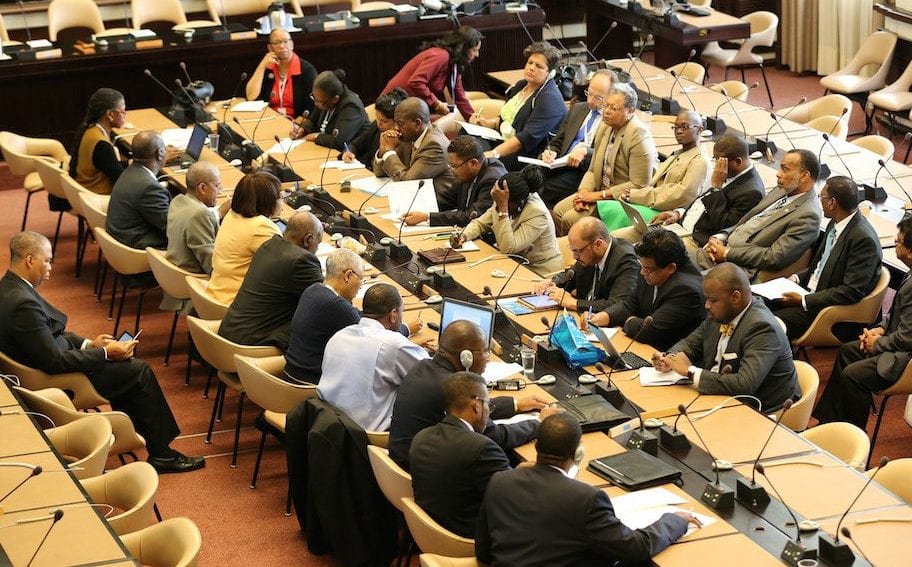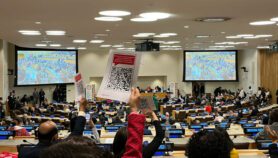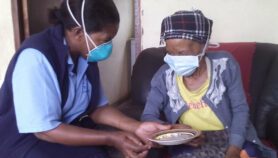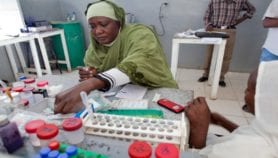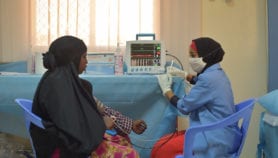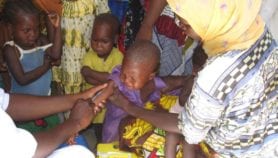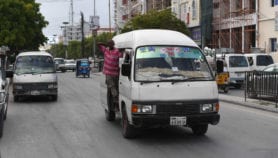By: Maina Waruru
Send to a friend
The details you provide on this page will not be used to send unsolicited email, and will not be sold to a 3rd party. See privacy policy.
Are developing countries afraid of committing funds to offer social protection to patients infected with tuberculosis (TB) as one way of easing their suffering and cushioning them from hardships associated with loss of income?
And is offering such support for patients only suffering from TB justified considering that there are many debilitating diseases that leave people economically unproductive and unable to support themselves?
Some developing countries do not seem to think so, even though social protection for TB patients is a key proposal being discussed as part of a draft document on post-2015 TB prevention, care and control at the 67th World Health Assembly (WHA) this week (19-24 May) in Geneva, Switzerland.
“Tanzania feels that support to people suffering from tuberculosis should be limited to medical interventions considering that my country has many health challenges it is expected to meet for its citizens.”
SeifSeleman Rashid, Ministry of Health and Social Welfare, Tanzania
In the words of the leader of the Tanzanian delegation to the WHA, SeifSeleman Rashid, who is the country’s health and social welfare minister, there are many reasons this clause should be deleted from the draft.
One, tuberculosis is not the only disease afflicting poor people in his country. There are many such diseases that leave people bedridden and in his assessment, offering such support would favour those suffering from TB, or at least, it would discriminate against patients nursing other income-depriving malaises.
More importantly, he argues, one would conclude that many countries in the global South are poor and are taking care of millions suffering from serious diseases.
“Tanzania feels that support to people suffering from tuberculosis should be limited to medical interventions considering that my country has many health challenges it is expected to meet for its citizens,” Rashid informed a communicable diseases session at the assembly.
Tanzania, he says, is one the 22 countries in the world that bear the high TB burden, shouldering 80 per cent of the all the disease’s cases. While Rashid’s views were not explicitly supported by other heads of delegation, the tone and body language of delegates from Iraq, Lithuania and Pakistan who spoke before him seemed to suggest that they would not like to see social protection included in the final document.
Whether that particular clause will sail through will become clearer later in the week when the document goes before the WHA plenary.
Speakers were, however, unanimous that new approaches, tools and methods were needed to fight the spread of the disease beyond 2015 and probably end the scourge by 2035 as the WHO proposes should happen.
This article has been produced by SciDev.Net's Sub-Saharan Africa desk.


